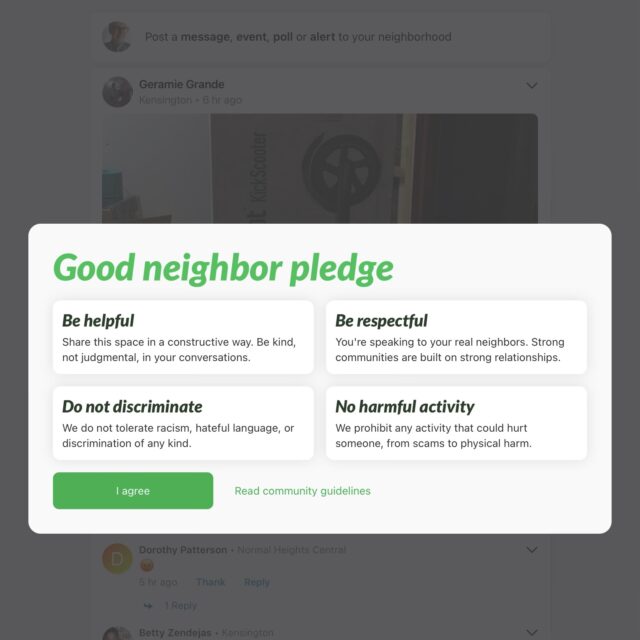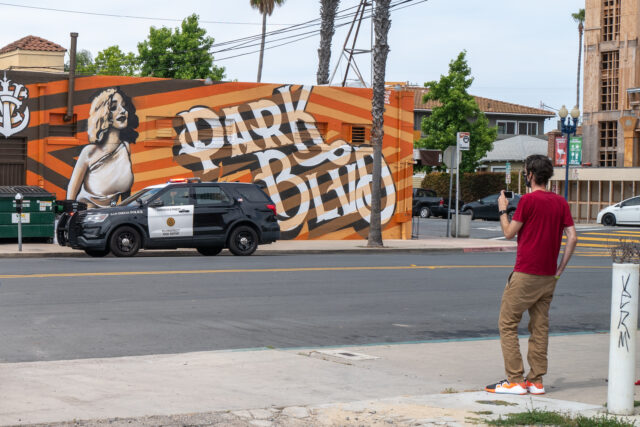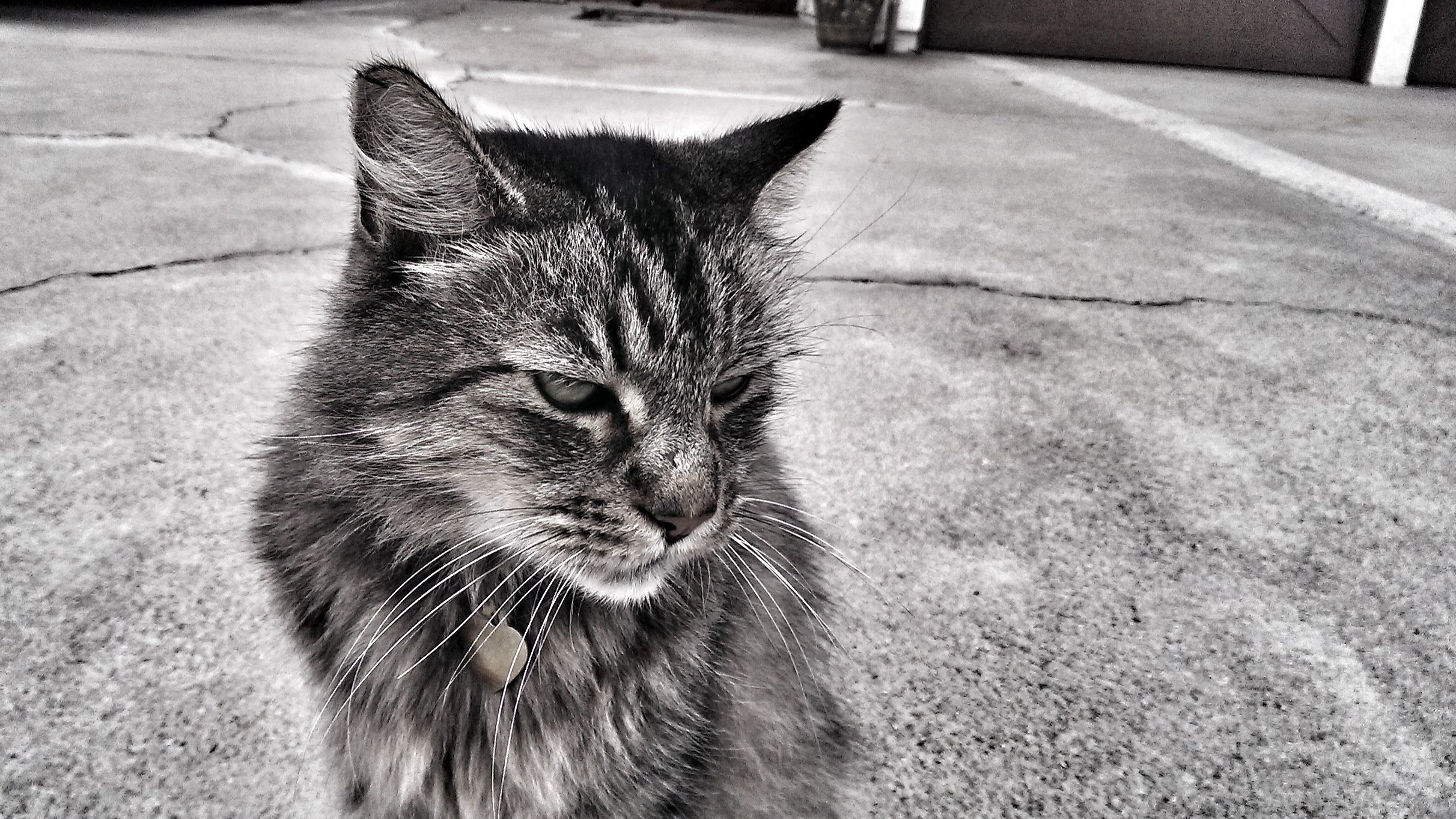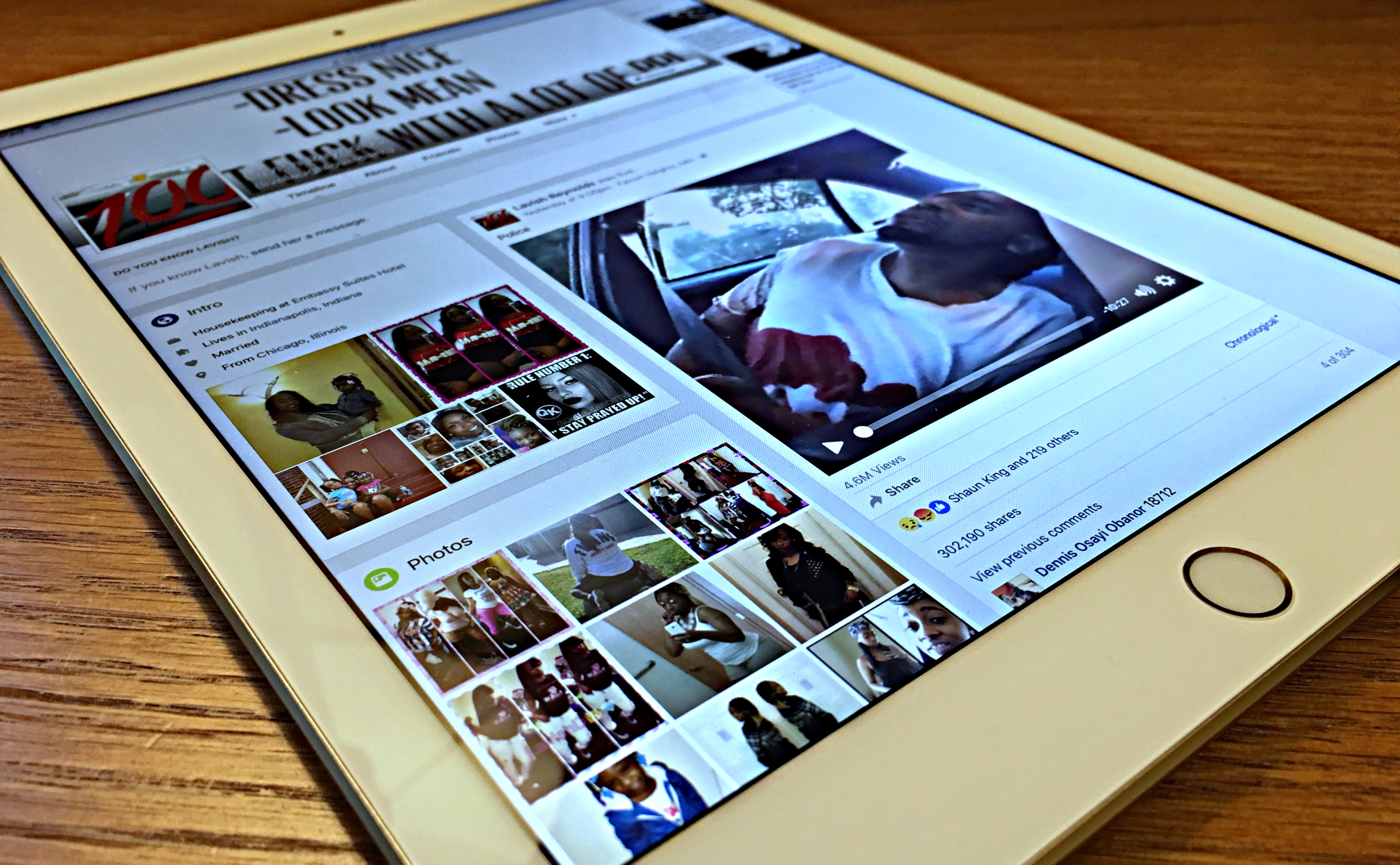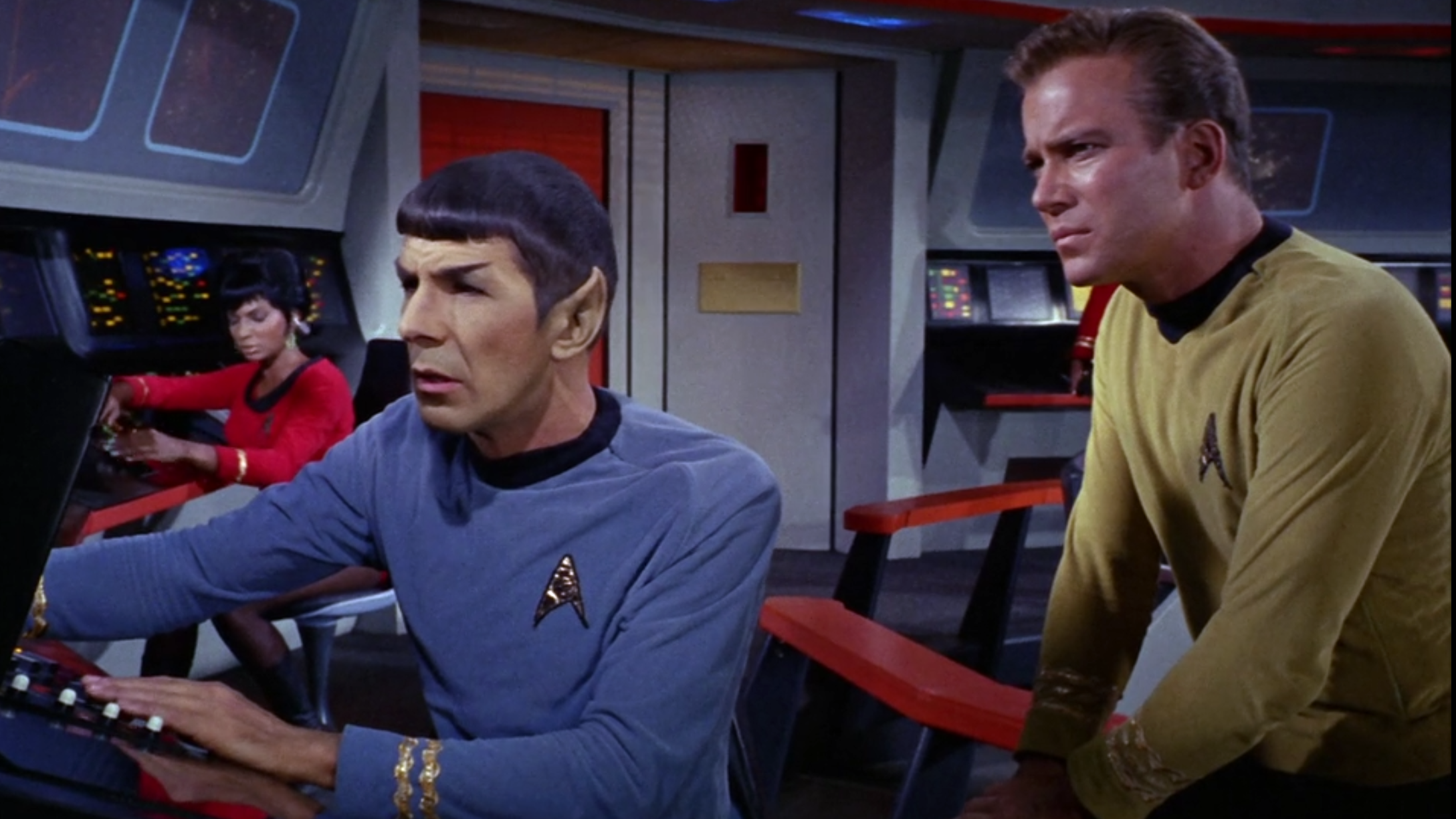Occasionally, metaphors slap you aside the head—as is the case with the Featured Image and companion, captured with Leica Q2 and iPhone XS, respectively. Both images represent the incursion of territory, in most strange manner. Last week, a road crew etched “North Park” into the so-called traffic calming circle at Alabama and Meade. Workers returned for more letter-cutting today, two blocks farther at Louisiana. Problem: Both intersections are located in University Heights, which boundary extends another four cross-streets south to Lincoln. Uh-oh.
I witnessed an older gentleman mark the structure with chalk on Sept. 27, 2020. I returned the next day with camera in hand. Vitals, aperture manually set: f/8, ISO 100, 1/400 sec, 28mm; 9:16 a.m. PDT. I selectively saturated orange, using Adobe Photoshop Lightroom Classic, to draw out “Mead and Alabama in University Heights”. The other photo shows some of the sandblasted lettering the day of completion, on the 25th. Vitals: f/1.8, ISO 16, 1/1634 sec, 26mm (film equivalent); 4:38 p.m.


